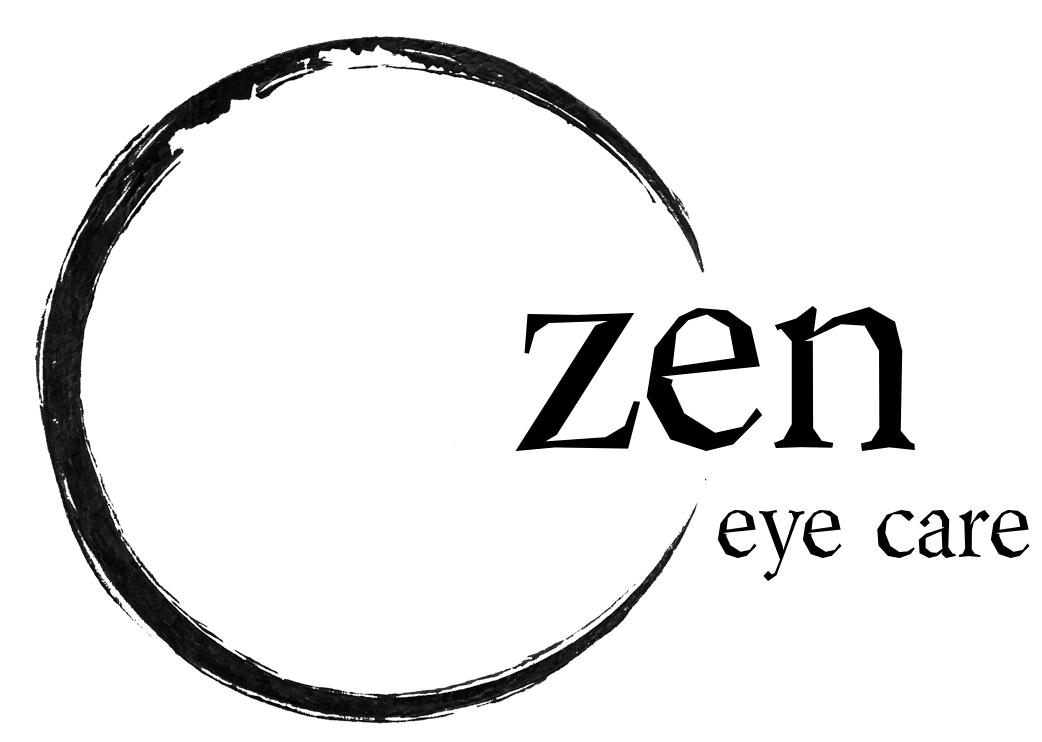We have specifically selected product lines that reflect our values. When you buy glasses do you know where your frame line comes from? Are they made from sustainable or recyclable resources? Do they have an environmental impact? Do the manufacturers follow good labor practices for their workers? Do the companies support meaningful programs? We have sifted through many companies to give you these answers. We’ve listed some of the causes they are proud of and that you can support too with your Frame line choices.
The Challenge:
According to the World Health Organization, 153 million people cannot see simply because of accessibility and affordability of eye care and eyeglasses. Children cannot see the blackboard clearly, lose interest in school, and hinder their chances of realizing their potential. For many adults, work is difficult to find and many everyday activities such as reading a book are not possible because these people simply cannot see clearly.
The Solutions:
You Buy, 141 Gives
For each pair of 141 Eyewear purchased, a new pair of glasses is given to a person in need. No portions of proceeds. No percentages. You buy, 141 gives.
141 partners with their retailers, like Zen, to set up local clinics to provide vision services to those in need in your hometown.
The Challenge:
The World Health Organization estimates that as many as 190 million children, especially in Africa and Southeast Asia, suffer from Vitamin A Deficiency. Vitamin A Deficiency is the number one cause of childhood blindness. Each year, it is estimated that 670,000 children will die from Vitamin A Deficiency and 350,000 will go blind. But, because this is primarily a problem in developing countries, most of the U.S. isn’t aware of the pervasiveness of Vitamin A Deficiency and its devastating consequences in poverty-stricken areas of the world.
The Solution:
One Frame Helps Two Kids
For every frame that is purchased, Article One makes a donation to Helen Keller International that is enough to ensure two children receive the vitamin A supplements they need for an entire year.
Vitamin A supplementation is considered to be the most cost effective solution to any of the world’s health problems. Each pair of Article One frames sold helps save the sight and lives of two children.
The Challenges:
- According to the World Health Organization, 25% of children currently cannot read properly due to poor vision. 1 out of every 7 people in the world do not have access to eye care either due to no access to a medical center or for economic reasons.
- There is an increase in the amount of raw materials being used worldwide by humans creating more waste and depletion of resources.
- The developing world has a major problem with access to potable drinking water and are struggling to develop useful tradeskills for the sustainability of their communities.
The Solutions:
Etnia Barcelona Foundation
This foundation was created with a focus on impoverished developing areas. It has solidarity projects focused on children and adults by “Giving Access to Vision”. The foundation is committed to focusing their work on children to help them learn and to improve their chances in the future. They wish to reduce the number of people that do not have access to eye care. A lot of this will be achieved through economic donations and stocks of discontinued glasses. The foundation also strives to be more ecological. They have made a commitment to producing less waste, stop using more resources than necessary and are using sustainable material like cotton based acetates for manufacturing. Furthermore, they are actively working towards social development and education by providing resources for learning trade skills in developing villages.
The Challenge:
Did we mention that 153 million people cannot see simply because of accessibility and affordability of eye care and eyeglasses? Yeah…..see above. This is a global problem.
The Solutions:
Buy a Frame, Give a Frame Program
For each frame purchased in the Modo Collection, the company donates a frame to those in need as part of the World Health Organization Vision 20/20 Initiative. This particular program partners with Nepal where an estimated 43% of the 2.2 million people in Nepal lack eye care services due to accessibility, awareness and affordability.
Buy a Frame, Help a Child See Program
The program works by doing school screenings, and then turn into secondary exams and then turn into treatment and education. Children requiring glasses receive free prescription eyewear. Children diagnosed with other diseases are referred to partner hospitals for free treatment. They are currently concentrating their efforts in Nepal and India. This program since its inception in 1978 has helped over 4 million people in more than 20 countries.
Sidenote: Oh... and by the way. . . the CEO of Modo is Minnesotan!!
The Challenge:
I mean have you not seen that we are depleting earth’s natural resources at an alarming rate?
The Solution:
Buy a Frame - Plant a Tree
All of Eco’s frames are environmentally friendly. They have a selection of bio-plastics, sustainable woods, ocean plastics, hand assembled, BPA and phthalate free acrylics, and cotton acetates. With every frame sold they plant a tree. They’ve already planted over 2 million so far. That’s a lot of new fresh air!
The Challenges:
There are so so many. Proof takes a broader, but selective approach so they can tackle the most current challenges that they prefer.
The Solutions:
Do Good Program
A socially conscious business model where Proof Eyewear gives back on a project-by-project basis. Past projects include partnering with the Natural Conservancy Program, Boarding for Breast Cancer, HELP International where they’ve helped the countries of India, El Salvador, Nepal, the Philippines, and Uganda. They’ve donated over 12% of their annual profits to their Do Good Programs. That is an incredibly generous amount for any business!! We began donating a percentage of our profits to local causes to emulate this amazing business model.
Eyes of Hope® supports local communities around the globe through initiatives that provide access to eye care, eyewear, education, and disaster relief to places where they’re needed most. Together with VSP network doctors, to date, through Eyes of Hope, VSP Global has provided access to no-cost eye care and eyewear for more than 1.3 million people in need. Eyes of Hope gives back through six important efforts: a global charitable fund providing monetary support to eye health and vision-related projects around the world, eyewear donations, mobile eye care clinics, eye care gift certificates, education, and employee giving. VSP also partners with Optometry Giving Sight (http://givingsight.org/)








